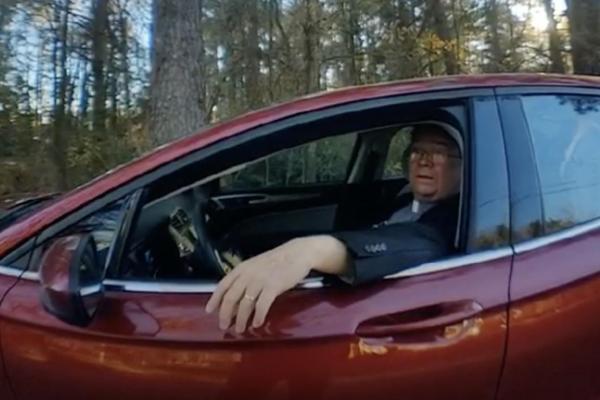Sep 9, 2022
Georgia election worker Ruby Freeman didn’t recognize the man who banged on her door. Terrified, she called 911. She had reason to fear.
By the morning of Dec. 15, 2020, when she saw the stranger’s red sedan parked in her driveway, she had received hundreds of threats from supporters of former U.S. President Donald Trump. Two weeks earlier, Trump’s campaign had falsely accused Freeman and her daughter, Wandrea “Shaye” Moss, of pulling fake ballots from suitcases at Atlanta's State Farm Arena to rig the 2020 election for Democrat Joe Biden.
Read the Full Article

Already a subscriber? Login
